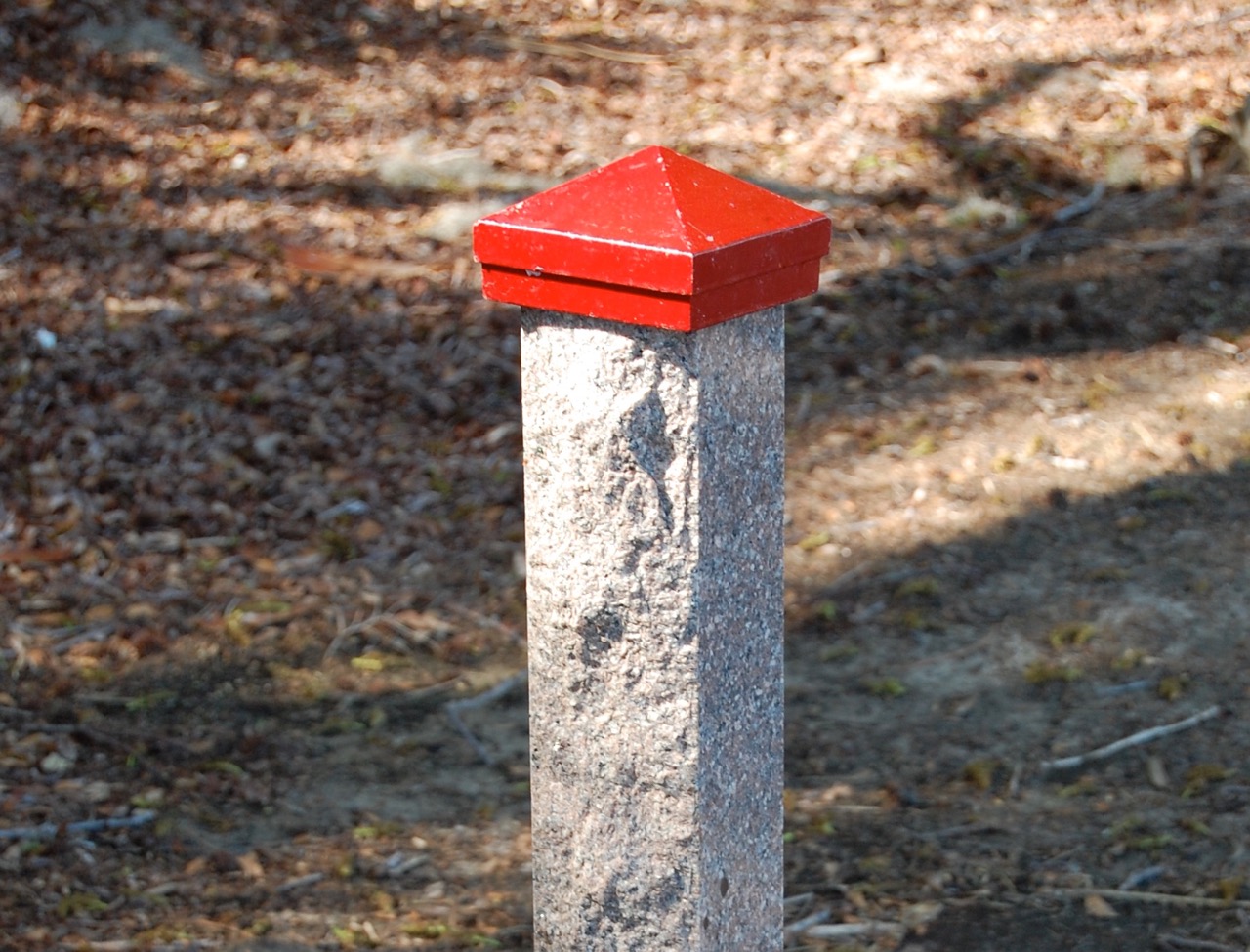Dataw Island is finally getting noticed -– by experts on planned communities and by retirees who know a bargain when they see one. I had a feeling Dataw’s time had come when, after my second visit two years ago, I wrote that the community was pretty near “perfect” in terms of location, given its remote feel yet proximity to the charming town of Beaufort to the west and an ocean beach in the other direction. The golf was darn good as well, 36 holes by Tom Fazio and Arthur Hills. Read my 2015 review here.
Dataw is definitely on the map now with its designation as “Best South Carolina Community of the Year" by Real Estate Scorecard, an online service that assesses planned communities (many with golf courses). In announcing the award, the Scorecard’s Margie Casey wrote that, “Property owners revere how life flows [at Dataw] as gently as the tide.” She noted that average home prices had increased almost $100,000 to $414,000 in the last year, which our calculator says is a 30% increase. In my most recent review of Dataw, in 2015, I wrote, “No one looking for a home in Dataw will panic over its housing prices.” Many homes at Dataw have outstanding golf course views.
Many homes at Dataw have outstanding golf course views.
It might be time to take a closer look, if not panic. Current listings show a lot of house available in the middle price range. For example, a $400,000 current listing has 3 bedrooms, 3 ½ baths, almost 2,700 square feet and excellent views of the Arthur Hills Morgan River course. I noted 23 listings under $300,000, a few of them townhomes; one home is currently priced at $95,000, and it has a nice golf course view!
Nearby Beaufort is a full-service town just 20 minutes away, with a range of nice restaurants, good health facilities, entertainment options, shopping (the mall and boutique varieties) and a branch of the state’s university. The beach at Hunting Island is 20 minutes east on Highway 21. Parris Island and its Marine base is just as close which makes Dataw popular with former military officers. For those of us eyesight challenged, top caps on the 150-yard markers on Dataw Island's two golf courses indicate the pin position on the green.
For those of us eyesight challenged, top caps on the 150-yard markers on Dataw Island's two golf courses indicate the pin position on the green.
In her analysis, Margie pointed to the more than 20 clubs that are popular with Dataw’s residents, but the club I like best is the golf club with its two excellent layouts. On my two visits, I noted that the golf courses were well used by the membership and yet in really nice condition. The two layouts are different enough -– the Hills course more a parkland layout, the Fazio more a marshland layout -– that no member should tire of the diversity of play.
Dataw Island is one of those grown-up communities on the coast that, after four decades of experience, seems to know what it is doing. If you would like a closer look, please contact me to arrange a visit.

























